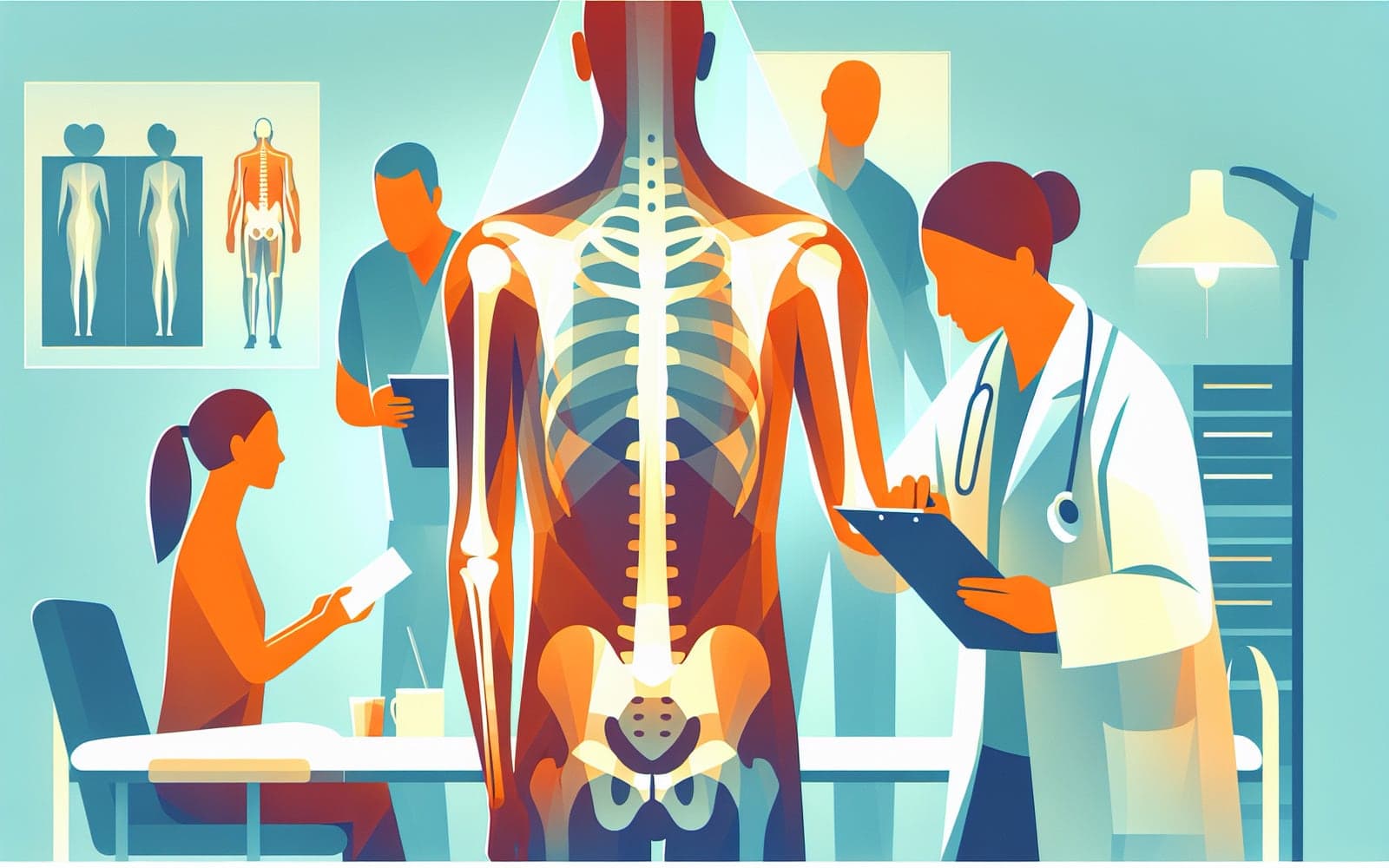Ouch! Recognizing the Signs of a Proximal Humeral Fracture
Published: Sep 14, 2023
Proximal humeral fractures can be sneaky, but they often come with some clear warning signs. Knowing what to look for can help you get the right treatment quickly.
Contents
The Pain Game
The hallmark symptom of a proximal humeral fracture is pain - and not just any pain. We're talking about moderate to severe shoulder pain that gets worse when you try to move your arm. It's the kind of pain that makes you want to keep your arm still and close to your body.
The Visual Clues
Your eyes can tell you a lot about a potential fracture. Look out for swelling around the shoulder area - it can happen pretty quickly after the injury. You might also notice bruising, which can appear within hours or days. In severe cases, there might even be a visible deformity in the shoulder area.

The Movement Dilemma
Trying to move your arm? It's likely to be a challenge. People with proximal humeral fractures often find it difficult or impossible to raise their arm or rotate their shoulder. You might feel like your shoulder is 'stuck' or that any movement causes intense pain.
Frequently Asked Questions
Yes, bruising may not appear immediately or at all in some cases.
Pain and difficulty moving usually occur immediately after the injury.
While pain may fluctuate, it typically remains constant until treated.
It can be, but isn't always present. Seek medical attention if you hear it.
Key Takeaways
Your body often knows best - if you're experiencing these symptoms after a fall or injury, it's crucial to seek medical attention promptly.
Worried about shoulder pain or mobility issues? Chat with Doctronic now to assess your symptoms and get personalized advice on next steps.Related Articles
References
Visser CP, Coene LN, Brand R, Tavy DL. Nerve lesions in proximal humeral fractures. J Shoulder Elbow Surg 2001; 10:421.
Court-Brown CM, Garg A, McQueen MM. The epidemiology of proximal humeral fractures. Acta Orthop Scand 2001; 72:365.
Always discuss health information with your healthcare provider.

